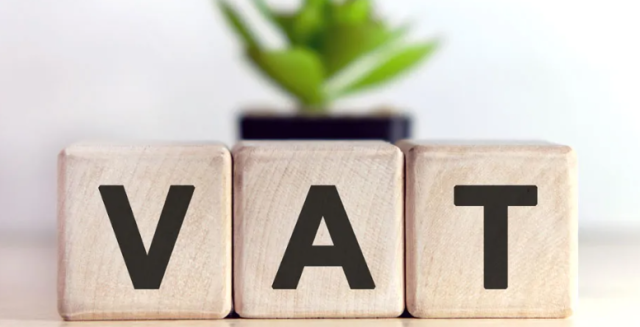
A VAT invoice is a crucial document for businesses, as it serves multiple purposes, including proving the legitimacy of a transaction, allowing sellers to collect VAT from buyers, and enabling buyers to claim input tax credits. For an invoice to be recognized as valid under the VAT Act, certain requirements must be met. This article outlines what constitutes a valid VAT invoice in South Africa.
1. Basic Information
A valid VAT invoice must contain specific pieces of information:
– Invoice number – A unique, sequential number used to identify the invoice.
– Invoice date – The date on which the invoice was issued.
– Supplier details – Name, address, and VAT registration number of the business providing the goods or services.
– Recipient details – Name, address, and VAT registration number (if the recipient is a vendor) of the customer or business receiving the goods or services. The invoice must be addressed accurately.
– Description of goods or services – A clear and detailed description of the items sold or services rendered, including the quantity or volume of goods sold where applicable.
2. VAT Amounts
The VAT invoice must clearly indicate:
– Total consideration – The total amount charged for the supply of goods or services, including VAT.
– VAT charged – The specific VAT amount, calculated based on the applicable rate (standard-rated, zero-rated, or exempt).
3. Tax Invoice Format
Depending on the value of the supply, the format of the invoice may change:
– Tax invoices – Required for supplies exceeding R5,000. They must include the **VAT registration number of the supplier, along with all the aforementioned details.
– Abridged tax invoices – For supplies exceeding R50 but less than R5,000, a simplified tax invoice can be issued. This type of invoice can have a slightly less detailed format but still requires essential information, including the VAT registration number of the supplier and the total charge, including VAT. Recipient details are not required in this case.
4. Electronic Invoicing
With the rise of digital transactions, electronic invoices are becoming increasingly common. SARS accepts electronic tax invoices as long as they comply with the same requirements as paper invoices. However, businesses should ensure that their electronic invoicing systems maintain proper documentation and can easily generate the required reports.
5. Record-Keeping Obligations
Businesses in South Africa must keep all VAT invoices for at least five years. This is essential for tax audits and ensuring compliance with the VAT legislation. Detailed record-keeping allows businesses to substantiate claims for input tax deductions.
Conclusion
In South Africa, a valid VAT invoice is not merely a transactional document but a necessity for compliance with the VAT Act. By adhering to the outlined requirements, businesses can ensure proper invoicing practices, facilitating ease of reporting and compliance with tax laws while promoting transparency in transactions. Keeping abreast of changes in VAT regulations and best practices will further support businesses in efficiently managing their finances and compliance responsibilities.
Article Credit: BVSA


